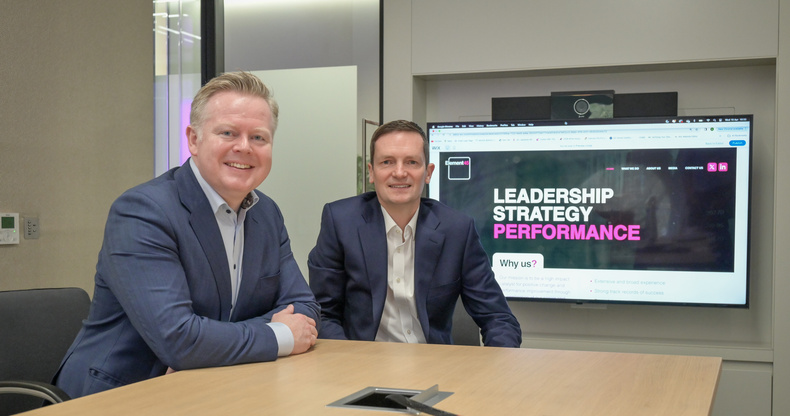Responsible leadership: Old hat, table stakes or difference maker?

Written by Mark Taylor, co-founder of Element45
There’s been a lot of talk about responsible, purposeful leadership in business in recent years.
This is leadership that places firm emphasis on high transparency, strong ethics, just and equitable treatment of employees and other stakeholders and a commitment to contribute positively and sustainably to the wider community.
Behaving as a good corporate citizen has become an increasingly key focus as organisations have embraced the ESG (Environmental, Social and Governance) agenda in response to societal pressures for, amongst other things, greater fairness, inclusion and climate protection.
Leaders have been scrutinised like never before for the tone that they set for their organisations in these areas.
But suddenly the ESG acronym has become deeply out-of-fashion in some quarters as businesses scramble to distance themselves from accusations of a “woke capitalist” agenda and the risk of becoming embroiled in a wider societal culture war.
With Anheuser-Busch InBev (following an ad campaign for Bud Light), Adidas and Unilever being amongst the leading organisations to feel the heat on this topic, little wonder others are keen to steer their brands away from this potential polarising minefield.
Meanwhile, governments in many leading economies are – no matter what they say - seen through their actions to be easing off on the impetus towards achieving Net Zero. In this context, businesses with sceptical leaders, or, more pragmatically and perhaps cynically, commercial advantage to be maintained, may seize the opportunity to dampen down their own commitments.
Do these changes signal a new and different chapter in leadership priorities? A quiet but real move away from taking action and having a voice on wider societal issues? Is “safer to stay uncommitted/say nothing” going to be a strategy we increasingly see enacted?
Well, perhaps such rowing back would be even riskier.
The general preferred workplace desires of Gen Z-ers are well documented – ensuring a strong work-life balance, making a meaningful contribution beyond profit, promoting inclusivity, fairness and equity, working in collaborative cultures, and a focus on well-being are all associated with their ideals.
And Gen Z-ers continue to flood into the business world. The oldest amongst them are now in their mid- to late-twenties and (if not already) they will very soon to be taking on increasingly amounts of leadership and decision-making responsibility.
Not long thereafter, this next generation of talent will take a strong grip on a significant share of positions of real senior power.
Is this leaning in preferences going to go way with the passage of time? Will maturing Gen Z-ers discover an appetite for a purer form of capitalism as they mature? Will the generation that follows Gen Z tack in a different direction? Re-embracing more of the value set of the Boomers and Gen X perhaps? I wouldn’t be the one to bet on it.
More likely, succeeding in business without Responsible Leadership will become increasingly challenging as this century progresses. It’s certainly not old hat. At the very least, table stakes to get you in the game.
And some will take advantage – making hay by taking a distinctive, leading position. Not necessarily by provoking controversy or stumbling into the cancellation cross-fire of the extremist hit squads on Elon Musk’s X, but by taking positive – and sometimes brave – policy and action steps which resonate with the talent they seek to acquire and retain for their teams.
Talk to Element45 about our leadership development proposition, Catalyst, including our thinking on developing Responsible Leadership capabilities.
Pictured from left to right: Element45 co-founders Paul Faulkner and Mark Taylor
